In this article we are going to deep dive into Sustainable Development Goal #4 (SDG4). This SDG4 aims at ensuring inclusive and equitable quality education and promoting life-long learning opportunities for all. Never before the COVID -19 pandemic have so many children been out of school (more than 91% of students worldwide at the same time), disrupting learning and defeating lives, especially the most vulnerable and marginalized.
Education helps reduce inequalities and reach gender equality, and is crucial to fostering tolerance and more peaceful societies. In 2018, some 773 million adults (two thirds of whom are women) remained illiterate in terms of reading and writing skills and around 5.5 million more girls than boys of primary school age were out of school globally.
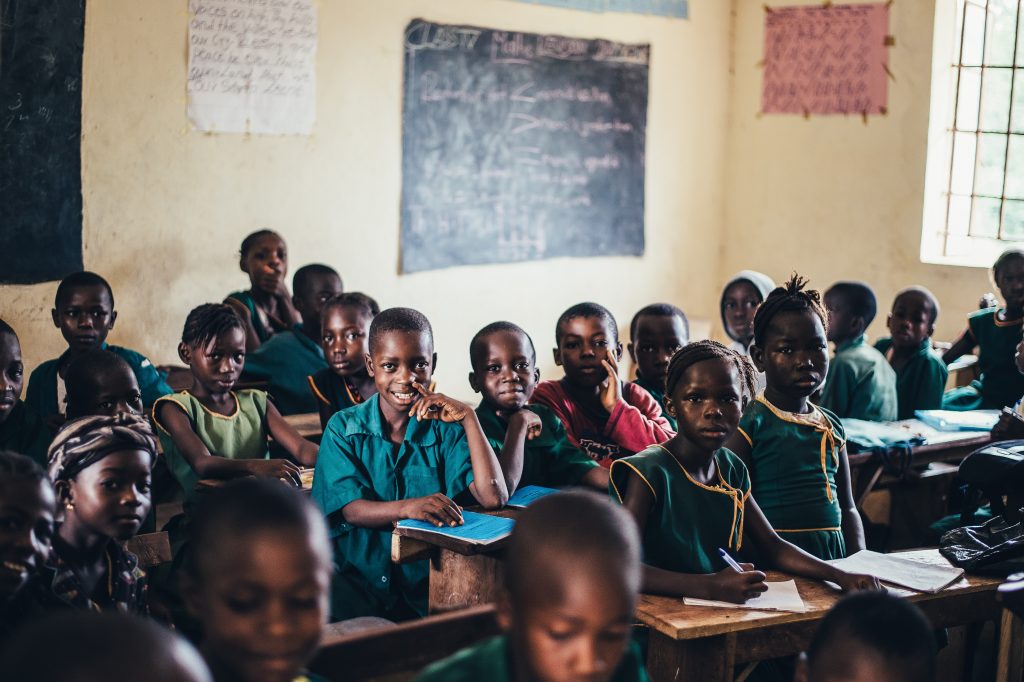
According to the United Nations, SDG 4 could be seen as the golden thread that runs through all 17 SDGs. Therefore, there is a tremendous potential for the private sector to contribute to SDG 4, and we hope this article will inspire you and provide you with new ideas on this topic.
This SDG has 10 specific targets (sub-goals) that are related to ensuring that children, youth and adults have equal access to quality learning opportunities, eliminating gender disparities, increasing the supply of qualified teachers, fueling sustainable growth by building social cohesion and stability, and supporting human rights and equality, among others. It has been agreed on 12 specific indicators to measure these targets.
The business case to invest in education
We will only be able to empower women, fight climate change, reduce inequality and eradicate extreme poverty if all stakeholders, including business, commit themselves to progressing towards the education goal. Therefore, as a fundamental human right, education is indispensable and companies can leverage their resources to support governments in delivering on their promise of learning opportunities for all children and adults.
Education is often a local issue, which will require businesses to work within local education systems and in communities to determine the best use of resources. Investing in education is essential to develop a skilled workforce for the future, increase productivity and to improve economic growth. There are various incentives that would be important for business to take into account to get aligned with SDG 4 such as the following ones:
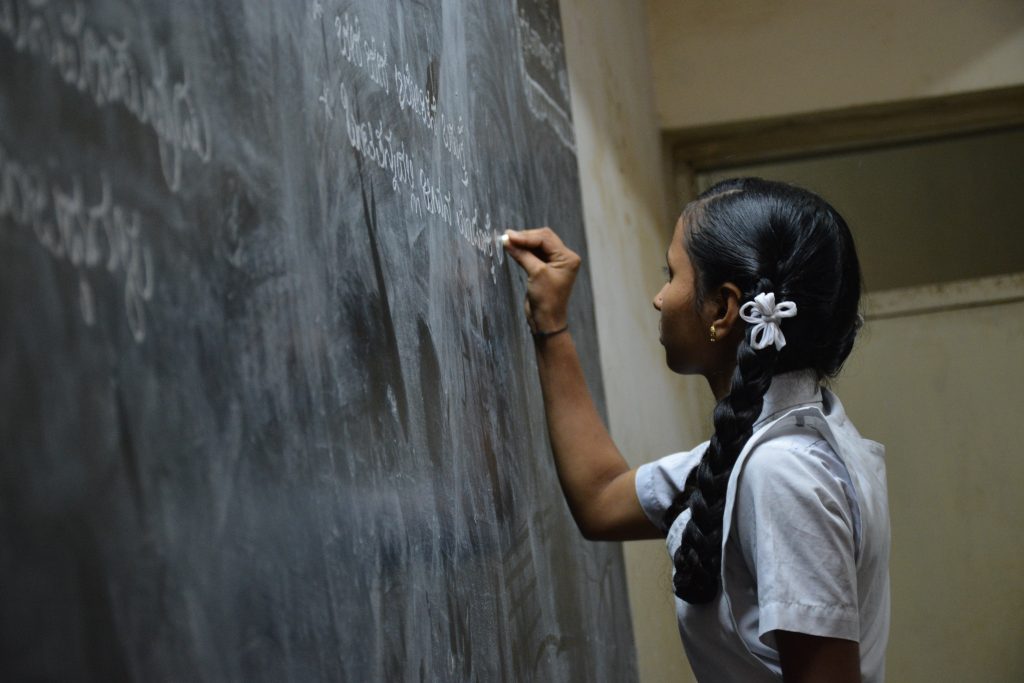
- Skilled workforce: Providing education for employees will develop human capital that is required to build a more talented pool of future employees. A higher educated workforce will lead to higher wages and thereby more disposable income for consumer spending. This will also help address the mismatch between skills of the available workforce and job vacancies, which is an important problem in many markets.

- Brand reputation: By investing in education, several opportunities for businesses can arise. For instance, it can result in new markets and customer bases. Looking from a brand perspective, consumers show willingness to buy socially conscious brands. In addition, shareholders of large companies have expectations that these companies manage their social impact.
How can we all improve access to quality education?
From a private sector point of view here are some ideas of things business could do to support quality education around the world:
· Improve education programs to better match what businesses are looking for by establishing agreements with universities and higher education institutions.
· Provide opportunities that give students earlier access to the business environment (i.e. fellowships, work-study programs, internships, etc.)
· Offer employees the option to continuously improve their skills by providing them access to trainings, workshops, courses, etc.
· Develop education technology products and services that eliminate barriers to access and improve the quality of learning (e.g., ICT solutions to improve the delivery of education, innovative measurement tools, etc.).
· Ensure schools are clean and safe for children by eliminating business-related environmental hazards, like pollution and limited water access.
As individuals and citizens of the world, these are some examples of what we can do:
1) Contribute to the local communities when we travel. Many tourism companies start their own foundations because quite often when people visit a given destination they get a special connection with the place and they feel the need to give back to the local economy.
Intrepid Travel is a great example of this. It is an Australian based company considered “the world’s largest purpose-led adventure travel brand”. They organize sustainable trips with small groups that are led by local guides and designed with the community always at the center.
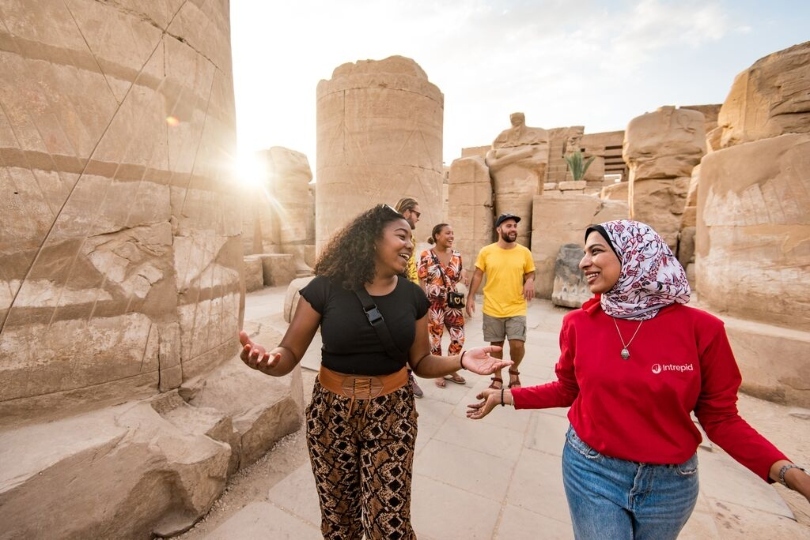
In 2002, they started the Intrepid Foundation, a not-for-profit entity that supports local organizations around the world to improve the livelihoods of vulnerable individuals and communities (i.e. education programs for girls in remote areas of Morocco or vocational training in hospitality for underprivileged youth in Vietnam)
2) Donate our money and/or our time as volunteers. It is important, however, to do proper research beforehand of the entity we are donating to. We can donate directly to schools or foundations that are working on education, building schools, running orphanages, etc., but please make sure they are 100% legal and are doing a proper job. There have been many cases of fraudulent orphanages that are involved in child’s trafficking or even abuse.
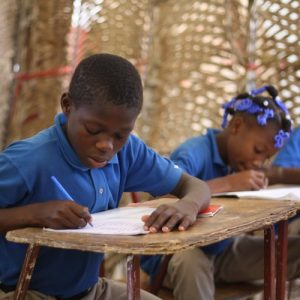
A very inspiring example is the Aymy Foundation in Haiti. The founder is Lucía Lantero who during a volunteer trip working in the border of Dominican Republic and Haiti decided to start an orphanage to host kids that were literally surviving on the streets. Against all odds, including fighting against corruption and dealing with very tough living conditions, she managed to put it together and she has even gone the extra mile to build also a school and other projects related to educate these children.
3) Share our knowledge every time we can. We are all teachers and students at the same time. If you are part of a community, be willing to share your skills, transfer your knowledge to those that may need them. The Universe will pay you back, because when we give, we will receive. Many times, in some cultures, people are reticent to talk about their ideas because they are afraid others will “steal” them. In my case, I wish everyone would implement all the ideas that I have because I won’t have enough time in my life to put them all into practice.
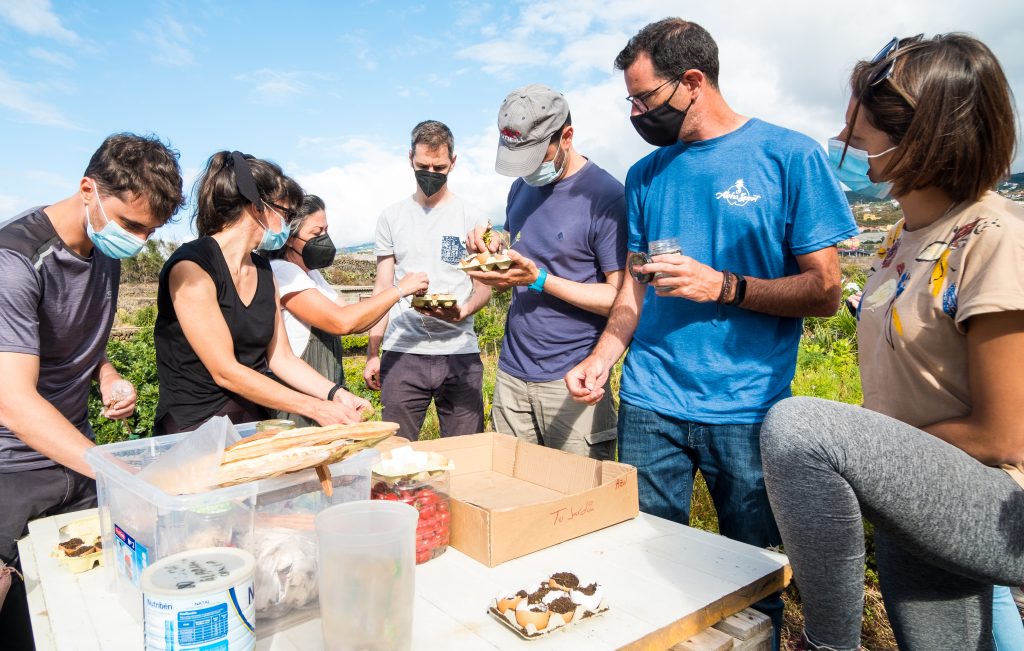
That’s why, in Pueblos Remotos, one of my most recent projects, sharing knowledge is one of our premises. We bring small groups of remote workers to rural areas where they have the opportunity to collaborate directly with small local and sustainable entrepreneurs. We asked them to at least donate 2-3 hours of their time per week to these local projects helping them to improve their businesses. The reality is that the remote workers also get quite a lot back, they learn about the local culture, the history behind that specific business and how to work with your hands and nature.
In conclusion, education is the basis to teach our children, to improve our businesses and to grow as a society. Without education, it will be impossible to be inclusive, equitable and to achieve any other Sustainable Development Goal. Therefore, let’s focus on education and the rest will come! What we have shared in this blog post are just some practical examples on what can be done to foster education. There are many other ways to do it, if you would like to go deeper into this subject or have any questions, do not hesitate to contact us, we are here to help!
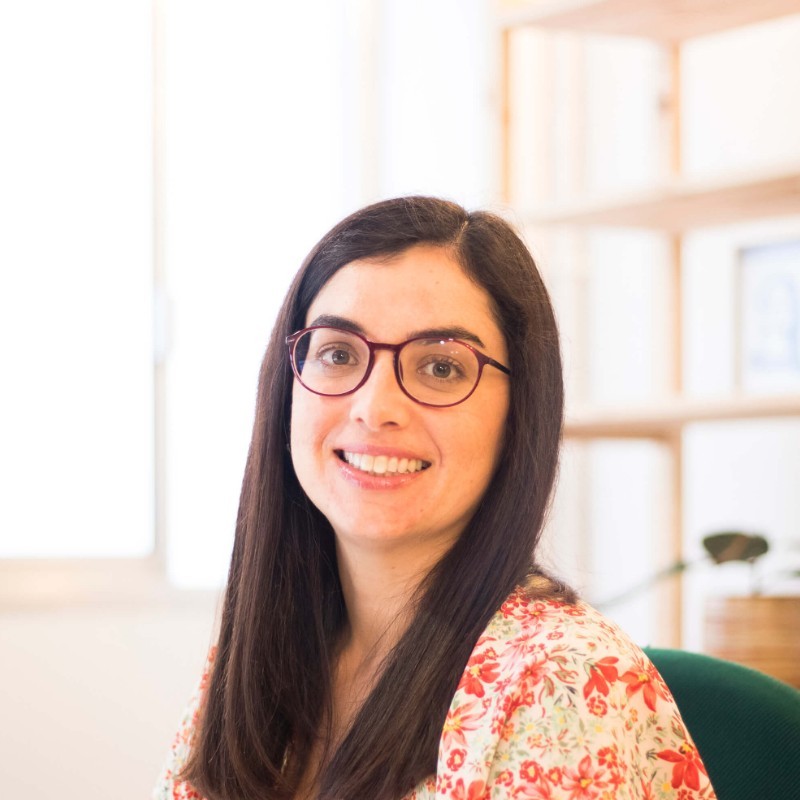
Futural Tourism Founder & CEO.
Sustainable Tourism Specialist with over 10 years of varied professional experience in the fields of sustainable tourism management and research, access to finance for small and medium enterprises, credit infrastructure and international commerce.

